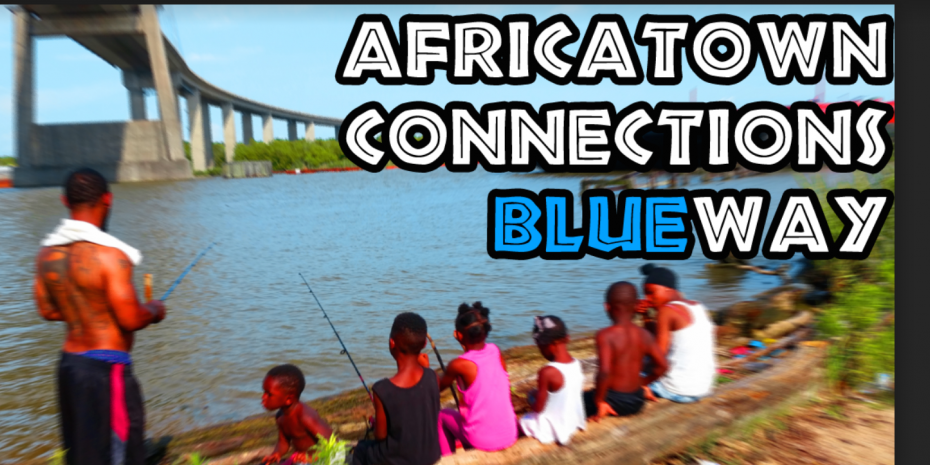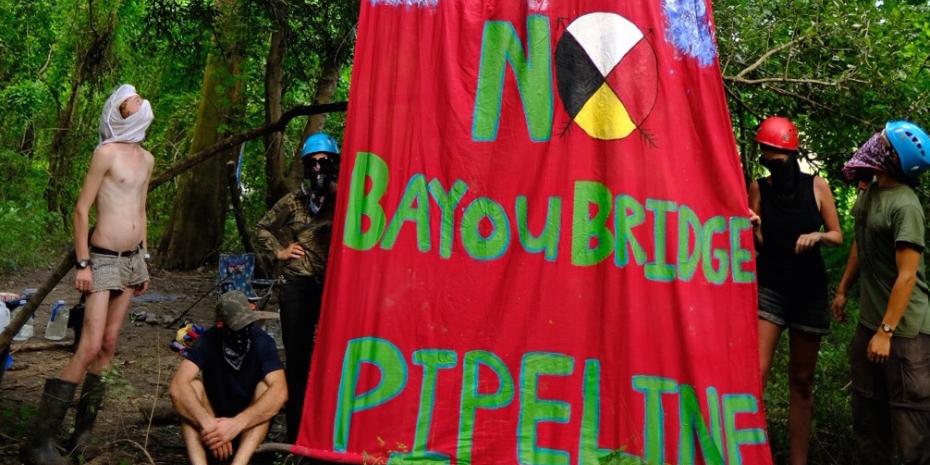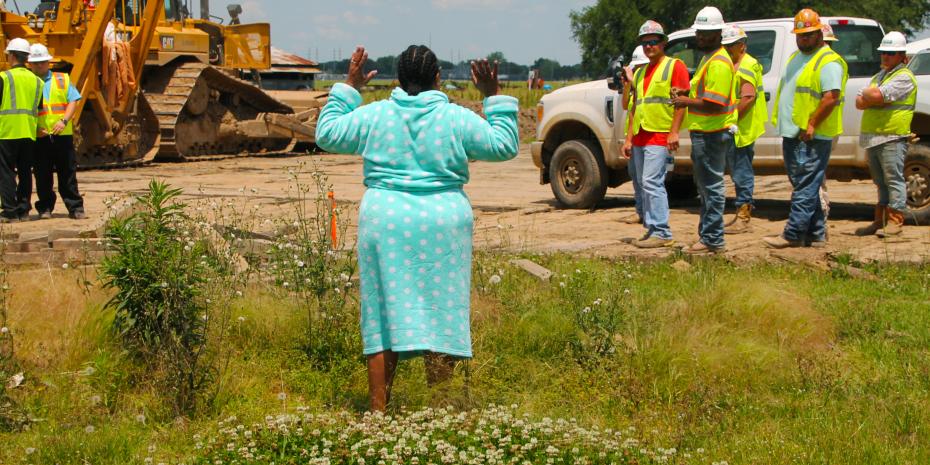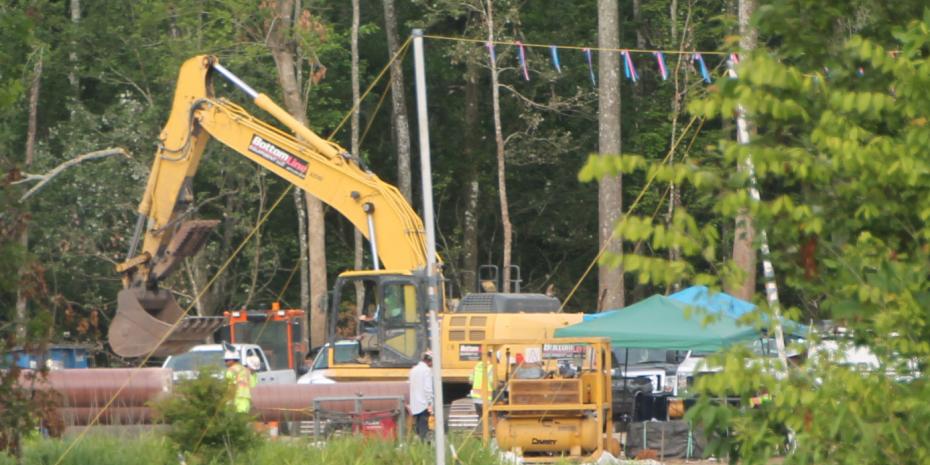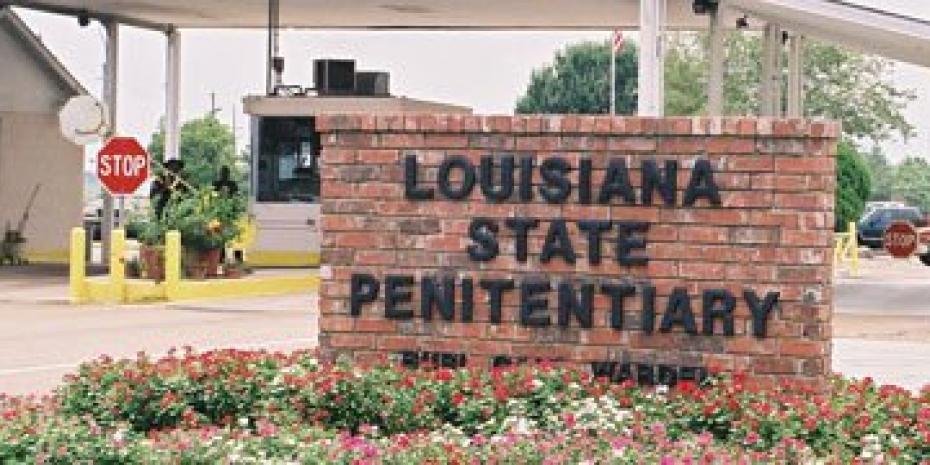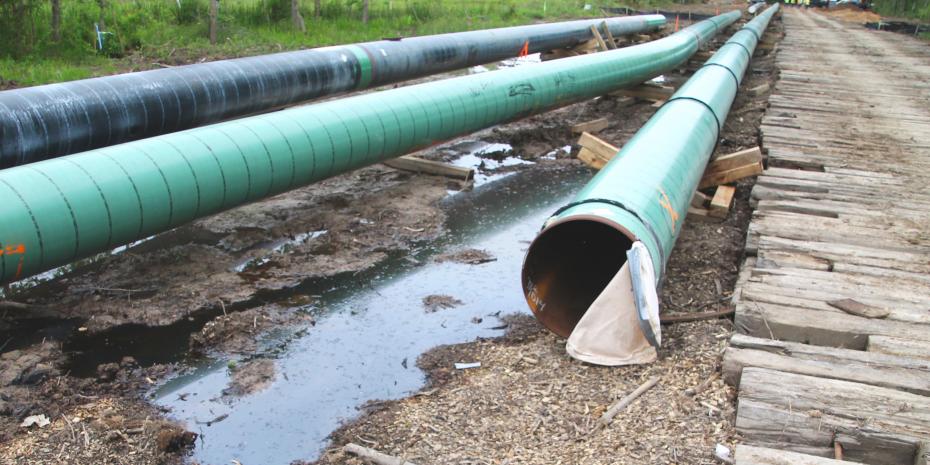A judge has ruled that the coastal use permit issued for nearly 18 miles of Energy Transfer Partners’ Bayou Bridge pipeline is illegal because the state did not require it to take into consideration impacts the project would have on St. James, a historic and predominately black community located at the tail end of the 163-mile project.
On Friday, District Judge Alvin Turner, Jr. ruled that the Louisiana Department of Natural Resources (LDNR) failed to follow state guidelines when issuing a coastal use permit to Bayou Bridge Pipeine LLC, a subsidiary of Energy Transfer Partners.
